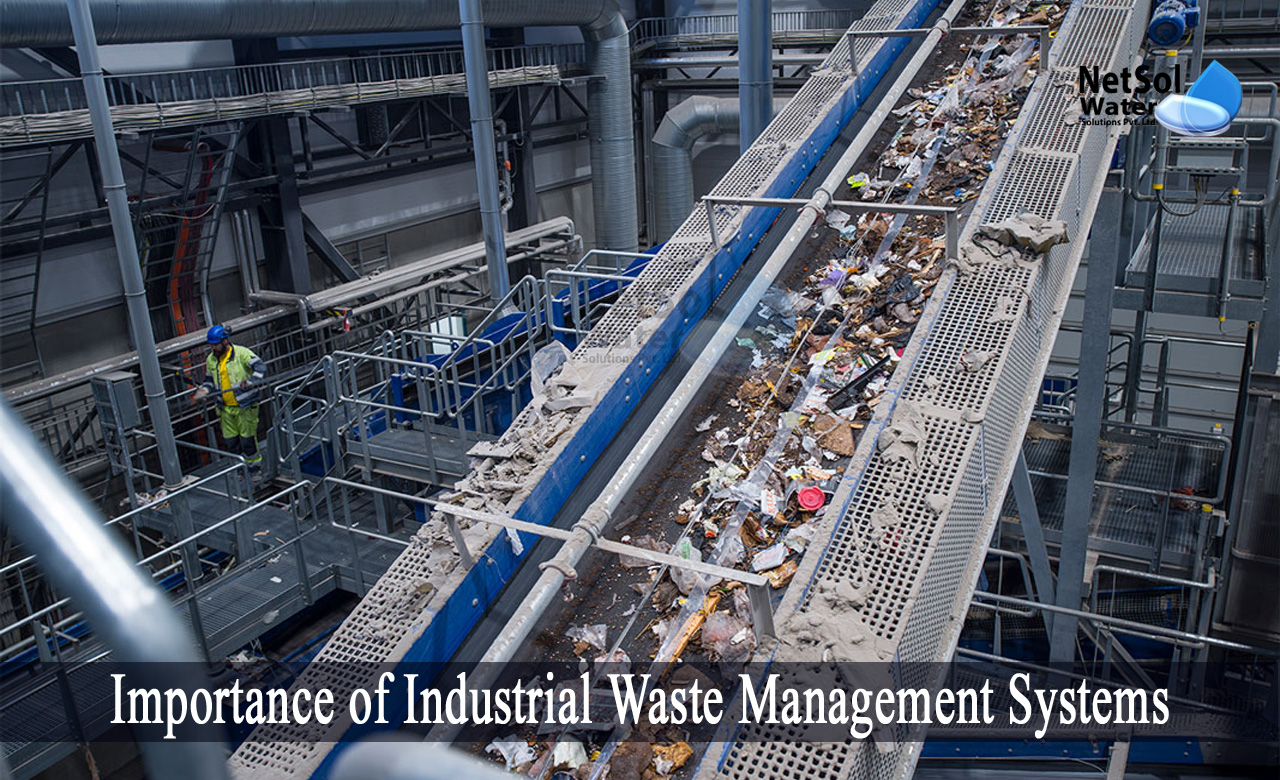Reclaim Waste Can Be Fun For Anyone
Reclaim Waste Can Be Fun For Anyone
Blog Article
The Buzz on Reclaim Waste
Table of ContentsNot known Incorrect Statements About Reclaim Waste The Best Strategy To Use For Reclaim WasteReclaim Waste Things To Know Before You Get ThisThe Best Strategy To Use For Reclaim WasteA Biased View of Reclaim Waste
Residential sewer waste refers to the waste and products from a domestic septic tank. The proper administration and disposal of residential sewer waste call for liquid waste to be moved to a sewer therapy plant where the proper techniques and equipment are used to cleanse and dispose of waste.
Industrial waste usually consists of potential dangers, such as flammable materials or a mix of liquid and strong waste items, and needs an extra advanced and comprehensive disposal process. The disposal of industrial waste commonly includes the filtering of waste prior to transportation to make sure safe and appropriate disposal. Hazardous waste is developed from by-products and drainage of industrial processes and manufacturing.
This type of waste can not utilize the very same sewage monitoring transportation or procedures as septic or industrial liquids. The commercial waste administration procedure requires the evaluation and screening of fluid waste before it undertakes the disposal procedure (liquid waste disposal melbourne). Runoff waste is the fluid waste that comes from drainage and excess stormwater in extremely inhabited areas or cities
Drainage waste can cause contamination and flooding if not handled appropriately. Discover more concerning sewage system cleaning and waste management. Making certain correct waste monitoring can stop disasters and minimize ecological injury. Both individuals in residential settings and specialists in industrial or manufacturing industries can benefit from comprehending the processes and guidelines of liquid waste monitoring.
Reclaim Waste - An Overview
Contact PROS Providers today to learn concerning our waste monitoring and disposal services and the correct means to take care of the fluid waste you produce.
(https://www.callupcontact.com/b/businessprofile/Reclaim_Waste/9368278)Do you understand what occurs to your water when you draw the plug, purge the bathroom or drain the washing device? No? Well, it's worth understanding. This supposed 'wastewater' is not just an important resource yet, after treatment, will certainly be launched to our land, rivers or the ocean. Utilized water from toilets, showers, baths, kitchen sinks, laundries and commercial procedures is called wastewater.

water used to cool equipment or tidy plant and equipment). Stormwater, a type of wastewater, is overflow that flows from agricultural and urban areas such as roofing systems, parks, gardens, roadways, paths and seamless gutters into stormwater drains pipes, after rainfall. Stormwater flows neglected straight to local creeks or rivers, at some point reaching the sea.
Getting The Reclaim Waste To Work
In Queensland, most wastewater is dealt with at sewer treatment plants. Wastewater is transported from domestic or industrial sites through a system of sewers and pump stations, referred to as sewage reticulation, to a sewage treatment plant. Regional governments develop, keep and run most sewage treatment plants. Operators are accredited under the Environmental Management Act 1994 to discharge cured wastewater at an appropriate ecological requirement into waterways.
The Department of Natural Resources suggests local governments about handling, operating and keeping sewerage systems and treatment plants. In unsewered areas, neighborhood federal governments might require householders to mount specific or house sewage therapy systems to deal with domestic wastewater from toilets, cooking areas, bathrooms and laundries. The Division of Natural Resources authorises using home systems when they are proven to be reliable.
A lot of stormwater receives no treatment. In some new neighborhoods, therapy of see this website some stormwater to eliminate litter, sand and gravel has begun using gross pollutant traps. Wastewater treatment occurs in 4 phases: Eliminates strong matter. Larger solids, such as plastics and various other objects mistakenly released to drains, are gotten rid of when wastewater is passed through screens.
Wastewater after that streams into huge containers where solids resolve and are gotten rid of as sludge. Oil and residue are skimmed from the surface area. Utilizes tiny living organisms called micro-organisms to break down and get rid of staying liquified wastes and fine fragments. Micro-organisms and wastes are included in the sludge. Gets rid of nitrogen and phosphorus nutrients that can cause algal blossoms in our rivers and threaten aquatic life.
The Best Guide To Reclaim Waste
Nutrient elimination is not available at all sewer therapy plants since it calls for pricey specialist equipment. Clear fluid effluent produced after therapy may still consist of disease-causing micro-organisms - liquid waste removal.

The majority of wastewater moves right into the sewerage system. Under the Act, neighborhood governments carry out authorizations and licences for ecologically relevant tasks (ERAs) including wastewater releases that may have a local effect.
Reclaim Waste - The Facts
Monitoring offers factual info about water top quality and can confirm that licence problems are being fulfilled. The information acquired with tracking gives the basis for making water quality choices.
Report this page